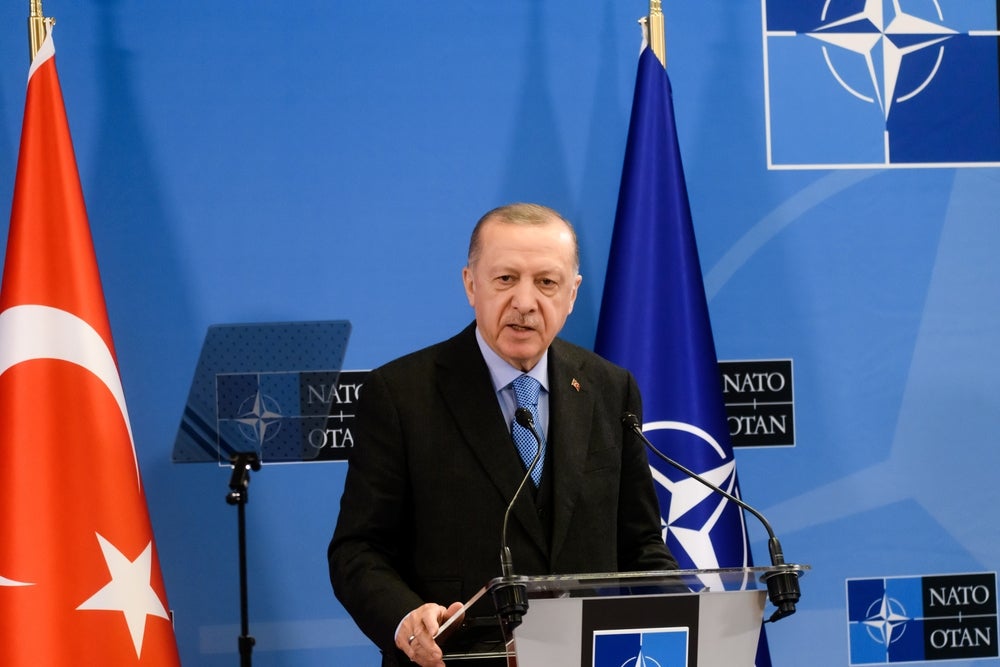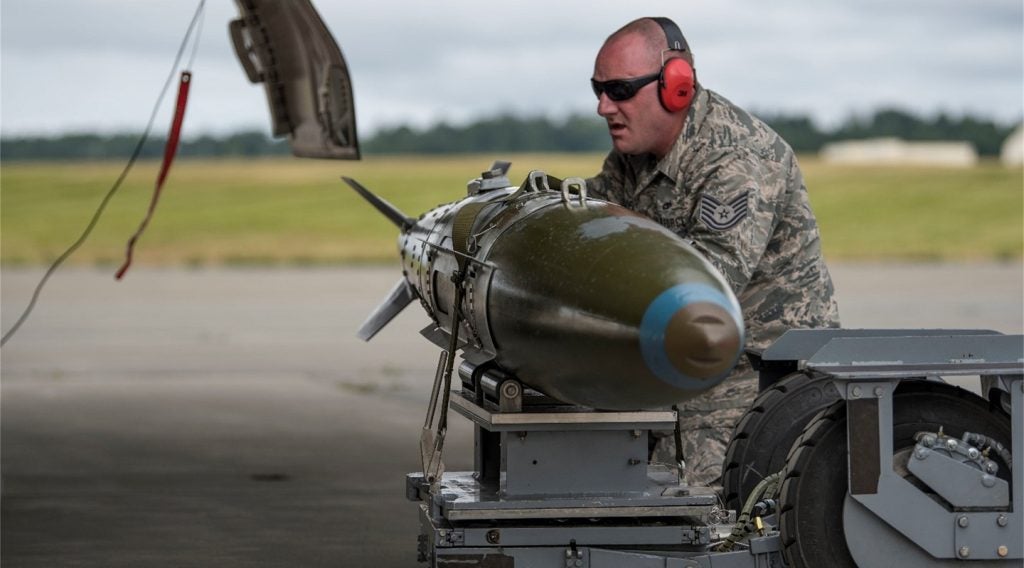Ambitions to operate a highly capable national defence industrial base are not unique to Turkey, in fact, many states see this as a method of obtaining security through independence. Turkey has committed to this goal more than most by stating its desire to achieve domestic involvement in 75% of all defence procurement programs by 2023. This target was set prior to the invasion of Ukraine and before the current high levels of inflation – both of which would be key drivers for wanting higher levels of domestic production for reasons which will be outlined below. Instead, the figure was outlined in the 2019-2023 Strategic Plan, just after the Lira’s value collapsed against the US Dollar. Official figures are yet to be released and so it remains unclear whether Turkey has met the 75% goal, however, the progress Turkey has made in the development of its industry is already having a notable impact. The journey to this target, current successes resulting from the plan, and future impacts are examined below.
There are several reasons why Turkey has set out to strengthen its indigenous defence production capabilities. Politically, the invasion of Ukraine has provided a valuable opportunity that Turkey could take advantage of. The rift between Russia and Nato has created a potentially highly lucrative gap in the market for Turkey. Russia is unlikely to be able to fulfil or complete its ongoing foreign defence contracts: countries that had placed orders with Russia may look to a country such as Turkey to fulfil their requirements. A strong defence industry that is producing capable platforms and systems could leverage huge economic opportunities for Turkey. The value of this is compounded by the poor economic scenario in Turkey. Soaring inflation, the poor performance of the Lira against the US Dollar (and the resultant lack of purchasing power), and high levels of government debt have left Turkey in need of a financial boost. In 2022, Turkish defence exports were valued at more than $4bn, up from $3.1bn in 2021. The growth of this revenue stream shows why Turkey is so determined to realise its domestic defence production goals.
By fostering a healthy domestic industrial environment Turkey is developing successful platforms that are attracting foreign buyers. Examples of note include the TB2 Bayraktar, manufactured by the Turkish firm Baykar which has been lauded as a success after its use in Ukraine. Baykar is now developing a new air-to-air combat drone, the Kizilelma. Turkey’s offerings to the UAV market are emerging as challengers to the existing players in the market.
Beyond the economic opportunities created by having a strong export offering, a developed defence industry may have deeper impacts on Turkey. National elections are being held in June 2023, with the country voting on who will hold Presidential office. Concerns around corruption are raising questions over how legitimate any result will be, however, President Erdogan will still be looking for areas of potential leverage in his re-election campaign. A strong domestic defence industry, that has developed at pace over recent years, is a valuable asset for the current government, due to its economic and political power.
Over the 2019-2023 period, Turkey has had significant success in its goals to achieve domestic involvement in 75% of all defence procurement programs by this year. Given the positive impact of this endeavour, it is likely that any future Presidential administration will continue to invest in and champion the indigenous defence industry.
See Also:
How well do you really know your competitors?
Access the most comprehensive Company Profiles on the market, powered by GlobalData. Save hours of research. Gain competitive edge.

Thank you!
Your download email will arrive shortly
Not ready to buy yet? Download a free sample
We are confident about the unique quality of our Company Profiles. However, we want you to make the most beneficial decision for your business, so we offer a free sample that you can download by submitting the below form
By GlobalData








Related Company Profiles
NATO
UAV Corp